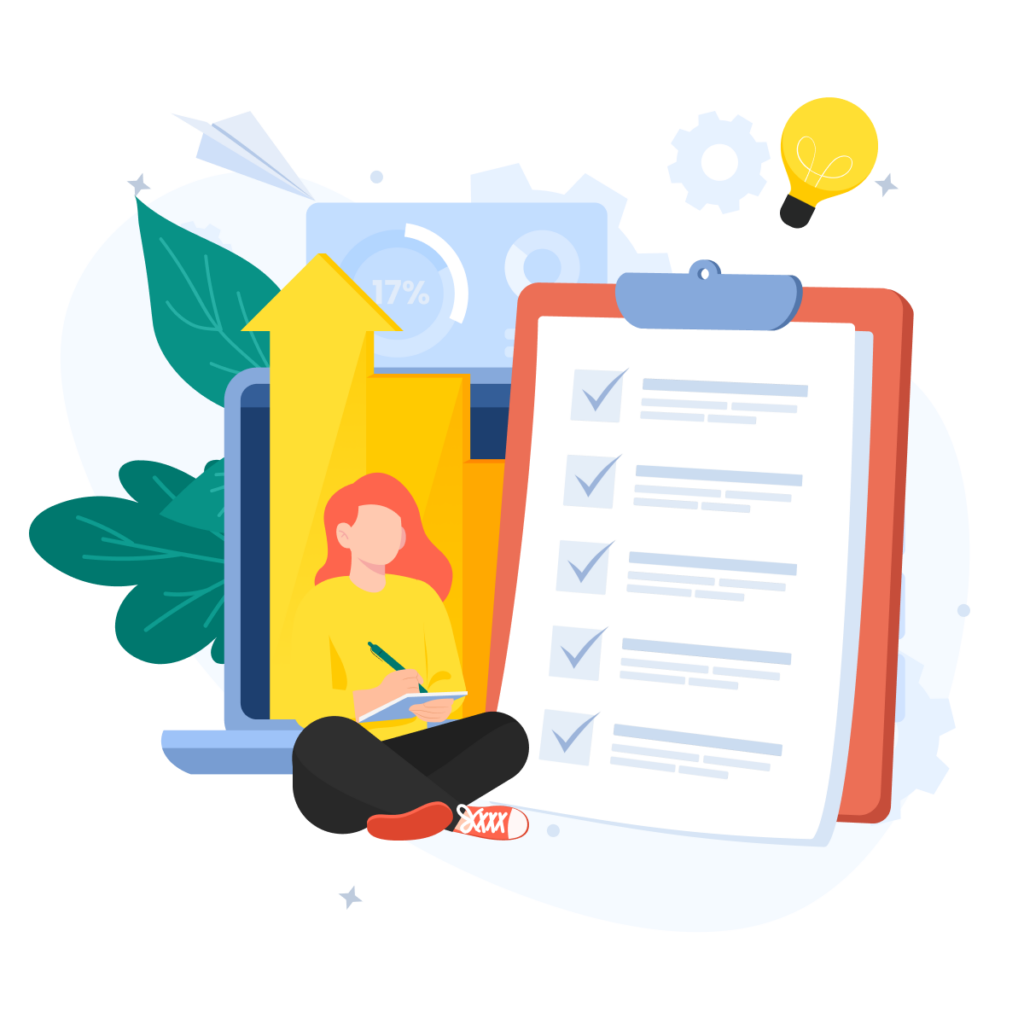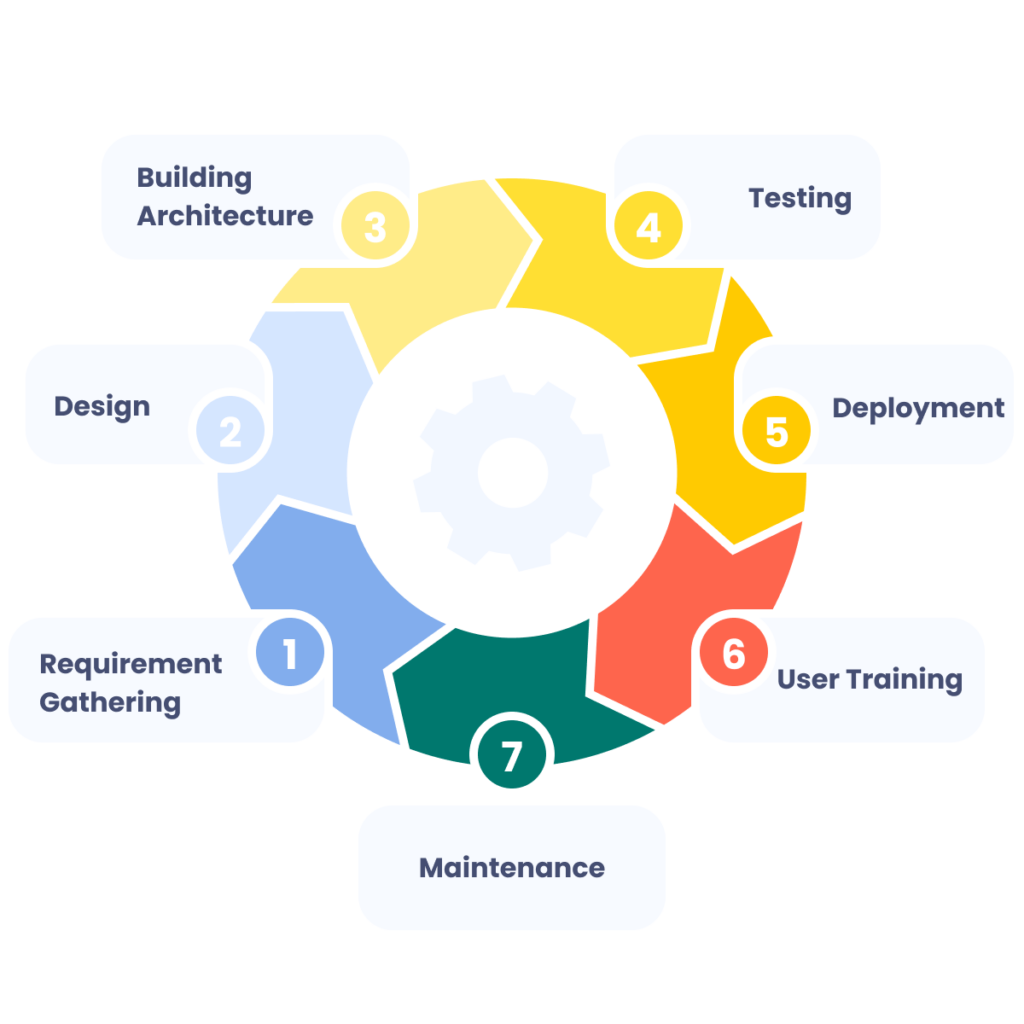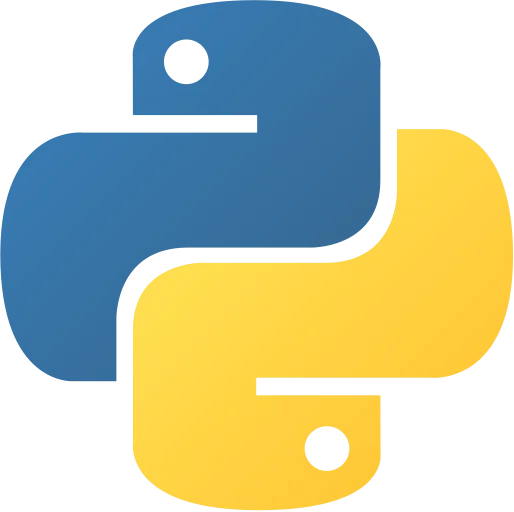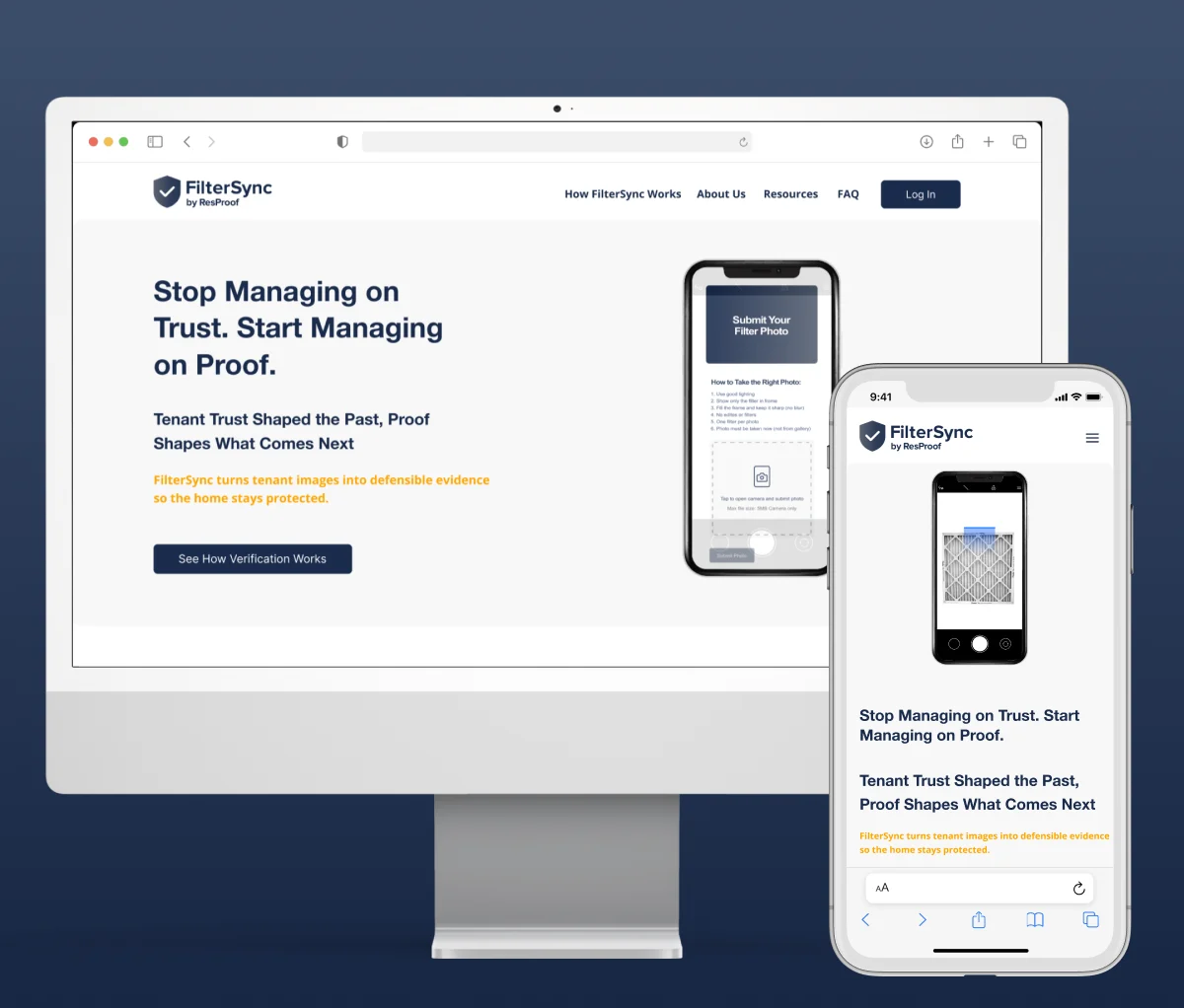We’ve partnered with media and education companies across the globe. Our clients include industry giants like Verifone and Netscout.
What people say about us

 4.9/5 rating
4.9/5 rating
Internal stakeholders are pleased with the heightened level of security that the new site
offers. AnyforSoft leveraged a collaborative approach to deliver an excellent product.
Customers can expect industry-leading services from a team that is knowledgeable,
efficient, and supportive.
What you get from Moodle development services
Is it possible to make your Moodle LMS reach its full potential? Seven times yes! We extend Moodle capabilities ensuring your LMS is secure, compliant, and cost-efficient while delivering maximum value.
High Performance
Expectations: a high-performing learning management system capable of handling heavy loads.
Challenge example: an online university with thousands of students.
The solution: LMS’s backend fine-tuning, reducing page load times.
Feature Customization
Expectations: The fulfillment of specific educational needs based on particular educational objectives.
Challenge example: the complex two-step grading system based on peer reviews and instructor’s assessment.
The solution: a grading system with two types of assessments weighted depending on their importance.
Enhanced Functionality
Expectations: The learning platform’s functionality enables technology-rich features.
Challenge example: A medical training institute needs to simulate real-time patient case studies within Moodle.
The solution: custom “Patient Simulation” plugin development that allows making decisions based on evolving patient data.
Data Security
Expectations: A Moodle platform supports advanced measures for data security to provide users with confidence.
Challenge example: limited access to an LMS only for authorized personnel during regulatory compliance training.
The solution: Implemented multi-factor authentication (MFA) with SMS one-time passcodes and biometric authentication.
Bug-Free LMS
Expectations: The Moodle-based learning system works smoothly, without interruptions and errors.
Challenge example: an issue with a custom reporting plugin after updating to a new version of Moodle.
The solution: Diagnosed plugin compatibility issues with the updated Moodle API and revised code to restore functionality.
Compliance
Expectations: The Moodle platform adheres to legal, regulatory, industry-specific, and e-learning-related requirements.
Challenge example: the need to comply with GDPR (General Data Protection Regulation) for a European university.
The solution: the implementation of a data retention policy feature that automatically deletes user data after a specified period.
Cost-efficiency
Expectations: A budget-friendly Moodle LMS platform.
Challenge example: high recurring licensing fees for Moodle reporting & analytics. The dependency on third-party tools.
The solution: the development of custom plugins that replicate the needed key functionalities, such as reporting dashboards.

Five pillars of Moodle development
The development of Moodle-based LMSs is unique in every aspect. It requires specialized technical approaches and tools, along with a deep understanding of learning methodologies and industry-specific business needs.
- Intelligent Customization. The high-performance learning LMS and cost-efficient development result from balancing the effective use of pre-built features with adding new ones while focusing on low-risk, high-value use cases.
- Modular Architecture. Moodle’s component-based nature makes e-learning applications feature-rich and scalable. You can extend the platform’s capabilities in critical areas and at the appropriate steps of development.
- Learning Integrity. The Moodle-based LMS provides consistency of learning in three ways: clearly defined and personalized learning paths, assessments that match the learning objectives, and consistent content delivery.
- Learning-Centered Design. In Moodle applications, design serves the purposes of effective knowledge comprehension and user retention. Each element of the Moodle theme is up to a point and helps users focus their attention on the learning process.
- Learning Tools Interoperability (LTI). A customized Moodle solution’s alignment with LTI requirements allows for easy integration with such third-party applications as CRMs, HR systems, CMS platforms, video conferencing and other tools for a seamless user experience.
Considering the development of a Moodle-based LMS? Get 20% Off on the discovery phase!
Moodle Integrations
WordPress and WooCommerce
Align your Moodle platform with your website and sales infrastructure to unify content, branding, and transactions. Automated enrollments and synchronized user data eliminate manual processing and accelerate course delivery after purchase.
H5P
Enhance courses with interactive elements that increase learner participation and content engagement. Rich activities embedded directly into the learning flow improve retention and reduce passive consumption.
AI-Powered Capabilities
Strengthen learning processes with adaptive automation and intelligent content handling. Personalized pathways, automated grading, and data-driven recommendations improve efficiency and learner outcomes.
Salesforce
Bridge learning activity with customer or employee records to align training with business operations. Centralized data visibility supports better reporting, automated workflows, and more informed decision-making.
Safe Exam Browser
Reinforce assessment control in high-stakes testing environments. A secured exam setup protects academic integrity and ensures consistent evaluation standards.
Third-Party LMS Tools
Expand platform functionality by connecting external systems that support communication, payments, or analytics. Unified workflows reduce friction between tools and create a more cohesive learning ecosystem.
Google Analytics
Gain deeper visibility into user behavior and course interaction patterns. Behavioral insights support performance optimization and more accurate measurement of training impact.

Moodle LMS as a Foundation for Custom Development
Over 500 million users rely on Moodle worldwide, proving it supports real-world learning at scale. Beyond its widespread use, Moodle stands out for the level of control and customization it provides.
- Open-source core with full code access. Organizations can adapt the platform to their exact requirements instead of adjusting to fixed functionality.
- Modular, plugin-based architecture. New features can be added or extended without rebuilding the entire system.
- No per-user licensing fees. Scaling to thousands of learners does not increase software costs.
- Infrastructure independence. The platform can be hosted in environments that match internal security and compliance policies.
Long-term support releases. Predictable update cycles help maintain stability in enterprise environments.
Our development process
Development of add-ons for Moodle has distinctive features rooted in the LMS’s nature.
These distinctions are related to three types of considerations:
- educational goals;
- customization;
- integration with external tools.
On the other hand, the milestones — and measures of success — are the same as in software development in general. They are as follows:
- bug-free performance;
- user satisfaction;
- scalability;
- seamless integration;
- compliance;
- security.

Partner up with a company that has holistic expertise in Moodle development
FAQs
How is Moodle different from other LMS platforms?
Moodle differs from many LMS platforms because it is fully open-source and built as a modular framework rather than a closed SaaS product. Organizations are not limited to predefined features and can adjust how the system works when requirements change.
Its plugin-based structure makes it possible to add new functionality without rebuilding the entire platform. For organizations investing in Moodle solution development, this means greater control over how the system evolves. The platform can be shaped around internal processes instead of forcing teams to adapt to rigid software limits.
Can you customize Moodle to fit our organization’s specific needs?
Moodle provides maximum value while considered as a flexible foundation that adapts to your training goals. When we treat the platform as a framework, we can align its design, structure, workflows and, most importantly, user experiences, with measurable learning outcomes.
If your programs need specific paths or grading methods, we create tailored plugins and automation to match. Focused customization delivers greater impact than overbuilding with unnecessary add-ons.
As an experienced Moodle partner, we balance creative design with platform stability and compliance. Whether you need quick visual updates or deep feature integration, we craft a system built precisely for your users.
Our team handles everything—from UX and plugin engineering to AI-based personalization—so your platform feels truly your own.
How long does it take to develop a custom Moodle LMS?
The time to develop a Moodle-based Learning Management System (LMS) varies depending on project complexity. The possible timeline for each step of development can look as follows, for a typical request for Moodle customization:
- Basic setup and configuration. Installing Moodle, configuring courses, user roles, and standard features. 2-4 weeks.
- Customization and plugin development. Developing custom themes, plugins, and specific features tailored to the organization’s needs. 1-3 months.
- Third-party integrations. Integrating external systems like CRMs, video conferencing, or HR tools. 1-2 months.
- Mobile app customization. Customizing the Moodle mobile app with branding, offline capabilities, and additional features. 2-4 months.
- Testing and deployment. Final testing, bug fixes, and deploying the platform to the live environment. 2-4 weeks.
To summarize, a basic setup can take 2-4 weeks. A more complex, customized LMS, in turn, takes up to 3-6 months depending on the scope of the project.
How much does it cost to develop the Moodle-based learning management system?
The cost of developing a Moodle-based Learning Management System (LMS) can vary significantly based on several factors. Let’s break down the costs for each step of development focusing on budget ranges:
- Basic setup and configuration. Installing Moodle, setting up courses, user roles, and standard plugins. $5,000 – $10,000.
- Customization and plugin development. Custom themes, unique plugins, and tailored features like grading or reporting. $10,000 – $30,000+
- Third-party integrations. Integrating tools like CRMs, video conferencing, or external databases. $5,000 – $20,000+
- Mobile app customization. Branding, offline capabilities, and push notifications for the mobile app. $10,000 – $50,000+
- Ongoing maintenance and support. Regular updates, security patches, and performance monitoring. $2,000 – $10,000+ annually.
- Hosting and infrastructure. Hosting on cloud or dedicated servers. $1,000 – $10,000 annually.
To summarise, for a basic setup, costs range from $5,000 to $10,000. For a feature-rich LMS, expected costs are up to $50,000 or more depending on complexity.
For a tailored quote, connect with our Moodle development consulting team. We’re ready to help whenever you are.
How secure is Moodle as a platform?
Security is embedded in everything we build. We combine Moodle’s core protections with advanced safeguards such as multi-factor authentication (MFA) via SMS or biometrics, encrypted data storage, and secure communication protocols.
If your organization operates in regulated sectors, compliance becomes part of the architecture. We ensure adherence to GDPR, HIPAA, and other standards—right down to automatic data-retention rules that remove personal data after specific periods.
To keep your system protected long after launch, our maintenance team monitors and patches vulnerabilities regularly. Think of it as having a digital security crew that keeps watch around the clock.
Do I need a dedicated team to build and maintain a Moodle platform for the long term?
You’ll definitely need expertise, but it’s not necessarily to hire moodle developers and build a full internal department. Moodle’s flexibility comes with complexity; configuring APIs, custom plugins, and integrations requires deep technical understanding.
If your goal is more than cosmetic adjustments, professional help of Moodle LMS developers saves both time and rework. A single misconfigured module can affect analytics, grading, or even compliance tracking.
That’s why partnering with AnyforSoft makes sense. You gain a ready team of Moodle engineers, UX designers, and QA specialists without the overhead of hiring and managing them in-house. We handle everything, from setup to support, so you can focus on your learners, not the backend.
Can you integrate Moodle with third-party systems (CRM, HR, etc.)?
Yes, and we believe that’s where Moodle truly excels. Integrations transform it from a standalone platform into a central learning ecosystem where every tool works in sync.
We connect Moodle with CRMs, HR systems, CMS platforms, conferencing tools, payment gateways, and analytics dashboards. Depending on your needs, we can use standard APIs or implement LTI (Learning Tools Interoperability) for smoother data exchange.
When everything communicates, as your HR database does with enrollment records or your CRM with learner analytics, you gain a unified workflow. No more hopping between platforms to find one report or send one reminder. Everything flows together, seamlessly supporting your learners and your business.
Our latest insights
Moodle vs Canvas LMS: Comparing LMSs
LMS Customization Benefits, Components, and Challenges
10 Essential LMS Reporting Features Your Tool Should Have
Customize your Moodle LMS with AnyforSoft
Focus on growing your business while we handle the complex technicalities of Moodle customization.
Let’s talk
Business Development Manager

CEO































